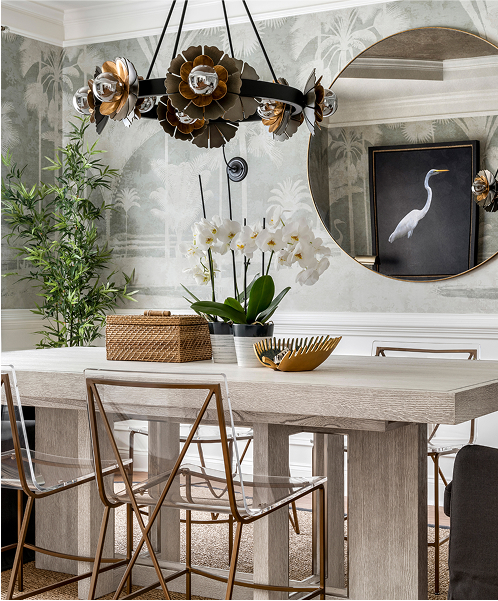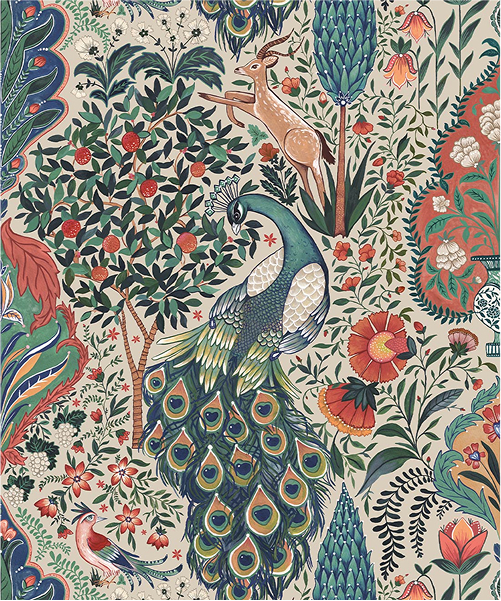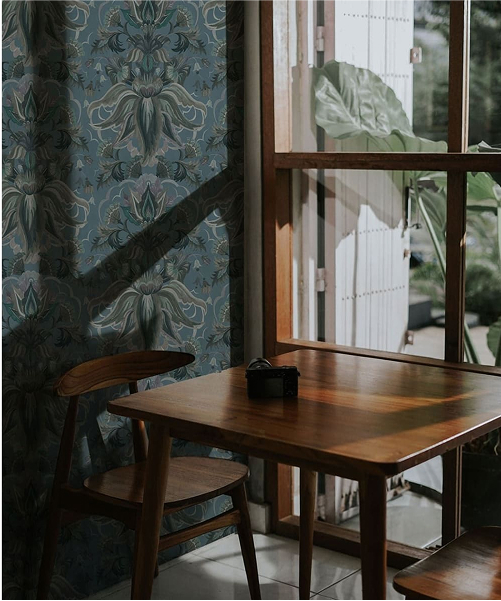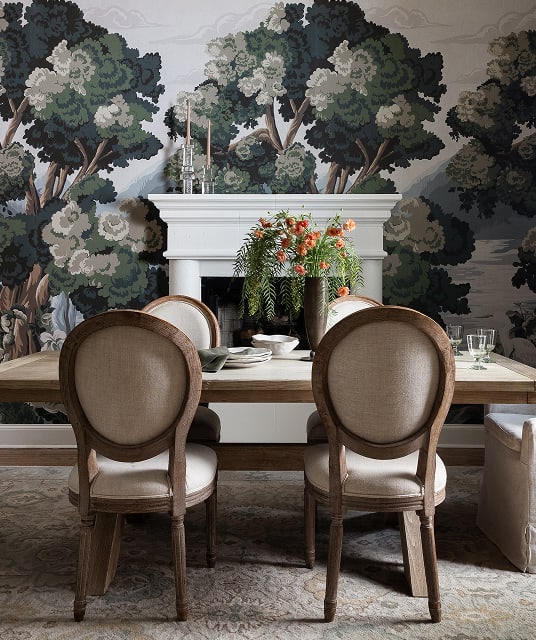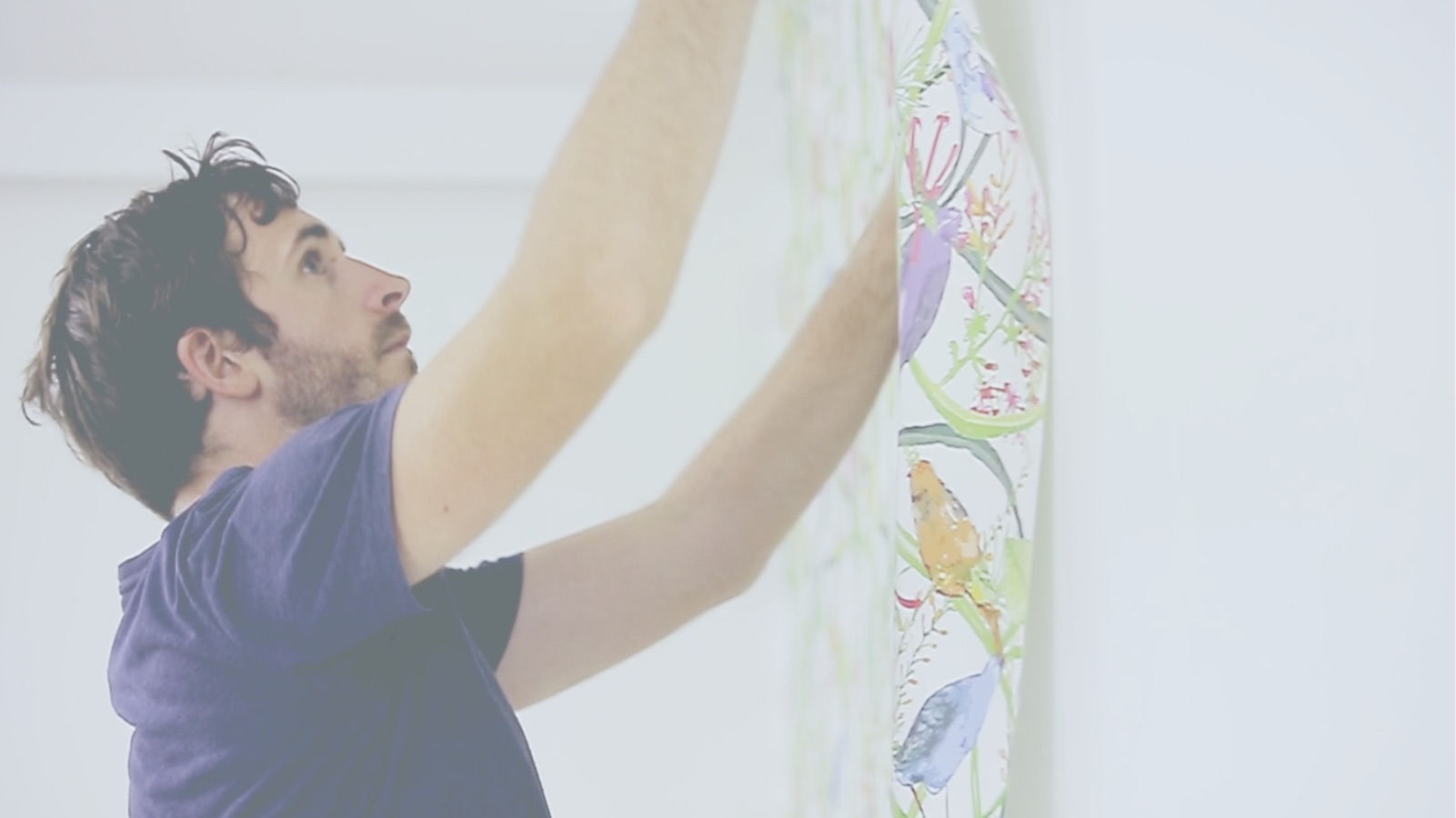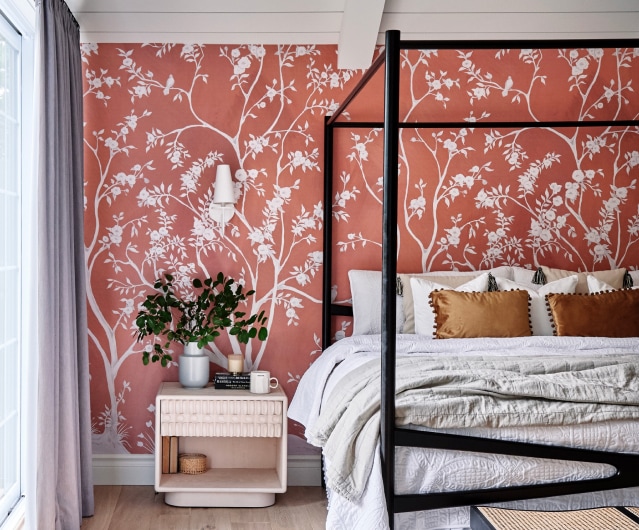To get the best out of your wallpaper, please take the following points into consideration:
While our papers can be hung in bathrooms and kitchens, they are not suitable for high humidity areas. If planning to paper a humid room, please fully consider the general environment of the room and potential implications before you proceed.
Local conditions will differ from room to room depending on size, extraction, and general humidity, all of which give varying levels of condensation. As such, we cannot guarantee our papers’ suitability across all situations.
Please ensure sufficient ventilation; whilst our papers are wipe-able, they are not waterproof.
Air the room! Remember never to shut up a room of newly-hung wallpaper, but leave to air and maintain a normal room temperature to ensure the wallpaper dries properly. The room and wall should be kept at a minimum of +64°F (+18 °C).
Raised edges, blistering and gaps? These common problems are not due to the wallpaper, but rather to the amount of adhesive used, the surface and the method of wallpapering. Damaged materials are replaced with a defect-free version on production of an order. Milton & King is not responsible for painting and re-wallpapering costs or costs associated with loss of time or any other indirect damage.
